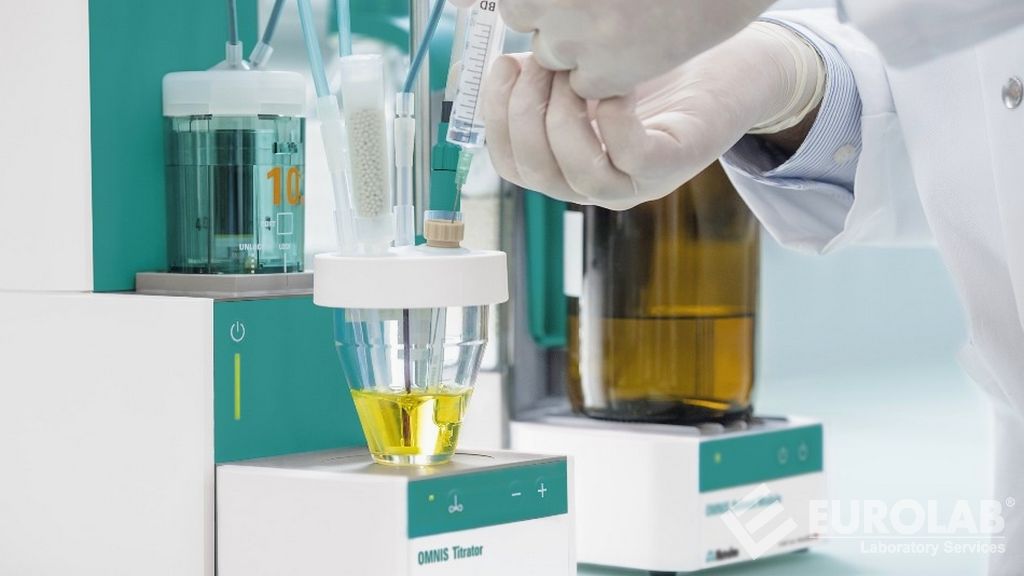


The ISO 12205 standard, developed by the International Standards Organization (ISO), defines a test method for the measurement of inherent stability under accelerated oxidizing conditions. This test method enables the determination of storage stability of medium distillate fuels with an initial boiling point above about 175 degrees and a 90 percent recovery point below 370 degrees. This test method does not apply to fuels containing residual components or any major component from a non-petroleum source.

Oxidation is a chemical process that results in the formation of adherent and filterable insoluble substances. Any substance, such as chromium, that catalyzes oxidation reactions causes a larger amount of insoluble matter to be formed.
For the purposes of this standard,
While testing, some of the filtered medium distilled fuel is aged at 16 degrees for 95 hours by bubbling oxygen from the sample. The sample is then cooled to about room temperature before filtration to obtain the amount of filterable insolubles. The sticky insolubles are then removed from the oxidation cell and trisolvent-associated glassware. The trisolvent is evaporated to obtain the amount of sticky insoluble substances. The sum of filterable and adherent insolubles is reported as total insolubles.
Our company, among the numerous test, measurement, analysis and evaluation studies it provides for businesses in various sectors, also provides test services for the determination of oxidation stability of medium distilled fuels within the scope of ISO 12205 standard, with its trained and expert staff and advanced technological equipment.
